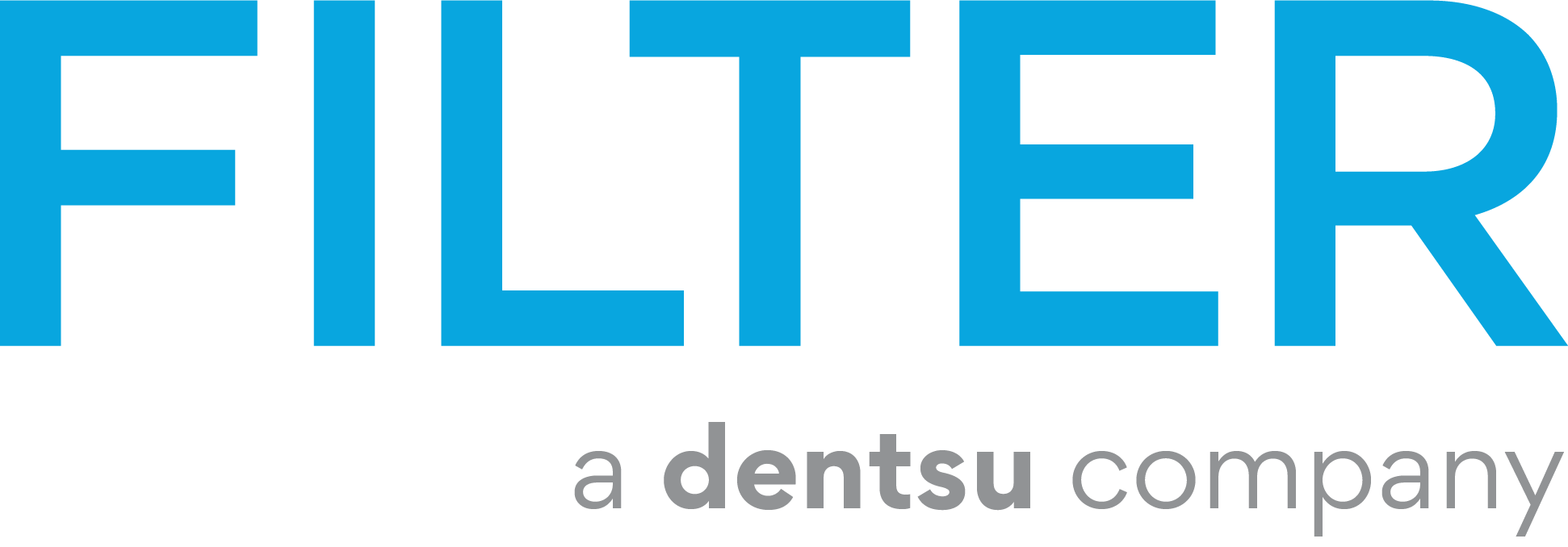“It’s time to rethink your company’s strategic partnerships… Your digital business requires a long tail of tech and services partners that will break the mold for traditional approaches to sourcing and vendor management. Ask yourself: What is the ultimate business value that your partners help you realize? Then use those indicators to spotlight the most innovative or even niche players who can bring your digital experience vision to life.”
– MediaLink/WARC report, 2020
When is an in-housing partner the best choice for your business?
CMOs and CXOs face considerable hurdles in delivering personalized and connected customer experiences across an evolving array of channels, technologies, and touchpoints. As they turn to external partners for help with those challenges, it’s critical to make smart, strategic decisions about who they choose. Marketing and CX leaders should look seriously at in-housing partners (IHPs) when their priority needs include one or more of the following:
- Better command of the customer experience – integrated and embedded solutions close the gap between customer data and the timely, personalized engagements they enable.
- Agility in the face of uncertainty – in IHPs like Filter can swiftly deploy an embedded solution of nearly any configuration, and can rapidly grow or adjust that solution to match new business dynamics, leverage new technology investments, or uplevel new CX strategies.
- Greater speed and scale – As the demand to churn out tailored content and offers to a multitude of channels continues to escalate, embedded IHP teams close the distance between marketing strategy and execution to feed that need.
- Stronger brand experiences – In-housing partners have better visibility into everything about the brand, enabling a stronger brand platform and more consistent across all touchpoints of the customer experience.
- Smarter path to cost savings – Driving significant, long-term cost savings is never a one-step process. IHPs embedded, holistic approach, bespoke solutions, and ongoing integrated delivery results in smarter and more enduring efficiencies.
- Transparency and control – By their nature, in-housing partners improve transparency where other partners may diminish it, enabling CMOS and CXOs to better track spend, effort, and return on their CX investments.
- Accelerated digital transformation – in-house partners not only bring world-class digital expertise, they leverage their inside position to support organizational adoption of best practices and inform a culture of digital maturity.
- A more productive and efficient organization – IHPs leverage their inside position and operational expertise to help clients improve – and continuously optimize – the practices, processes, and modalities of their marketing organization.
- Better marketing-to-business alignment – IHP’s embedded teams collaborate more easily across business units to help break down organizational silos, enable greater cross-functional collaboration, and building closer strategic alignment for marketing and CX strategies.
- Easier path to an in-house agency – IHPs help CMOs avoid the myriad organizational and resourcing hurdles, business and financial risks, and other roadblocks that hobble brands who look to go in-house on their own. IHPs also bring management, operations and reporting frameworks that make it much easier to deploy and maintain your own in-house agency.
Read On For A Deeper Look
Readers can learn more about in-housing partners and each of the unique benefits listed above by reviewing the five articles from our related blog series:
Part One discusses how IHPs offer CMOs a vital new “hybrid” alternative to the traditional agency-or-internal-staff option
Part Two considers how the unique “embedded” model of IHPs empowers them to deliver greater sustained impact and value for clients
Part Three emphasizes the ability of IHPs to deliver transparency, command of the customer experience, and brand alignment
Part Four explores how in-housing partners are unique in giving CMOs highly customized solutions with the flexibility, scalability, and specialized expertise they need to drive growth and transformation
Part Five takes a slightly different approach to answer the question, “why shouldn’t my company simply build an in-house marketing or XD organization on our own?”
In addition, this blog series also explores how in-housing partners are a breed apart from other “collocated” marketing solutions – how IHPs deliver the benefits listed above in ways that staff augmentation, on-site agencies or consultancies, freelance teams, and others can’t match.
Ready to discuss how your team will benefit from an in-housing partner? We’re here to help!
A Key Part of the Hybrid Services Model
While in-housing partners offer unique advantages to CMOs and CXOs, they’re only one part of a strategic sourcing approach that should include a variety of partners – outside agencies, offshore resources, and a company’s own FTEs – working within a well-orchestrated hybrid services model.
As Merkle emphasizes in its 2020 Marketing Imperatives report, “this [hybrid] approach is increasingly favored by companies to maximize the speed and depth of brand, business, and culture assimilation and significantly streamlines communications and coordination.” It also helps marketing leaders boost agility and scalability, take greater command of the customer experience, and bring more transparency and accountability to their marketing organizations.
Building a successful hybrid model may be a complicated process. There’s no quick fix, and not every company will take on this challenge. Good IHPs like Filter can help, leveraging their industry experience and their unique inside position to support clients in developing a hybrid approach that is effective for their particular landscape and ambitions.
In the end, brands that invest in the effort to optimize their marketing organization will also be building an advantage that will be difficult to replicate.






